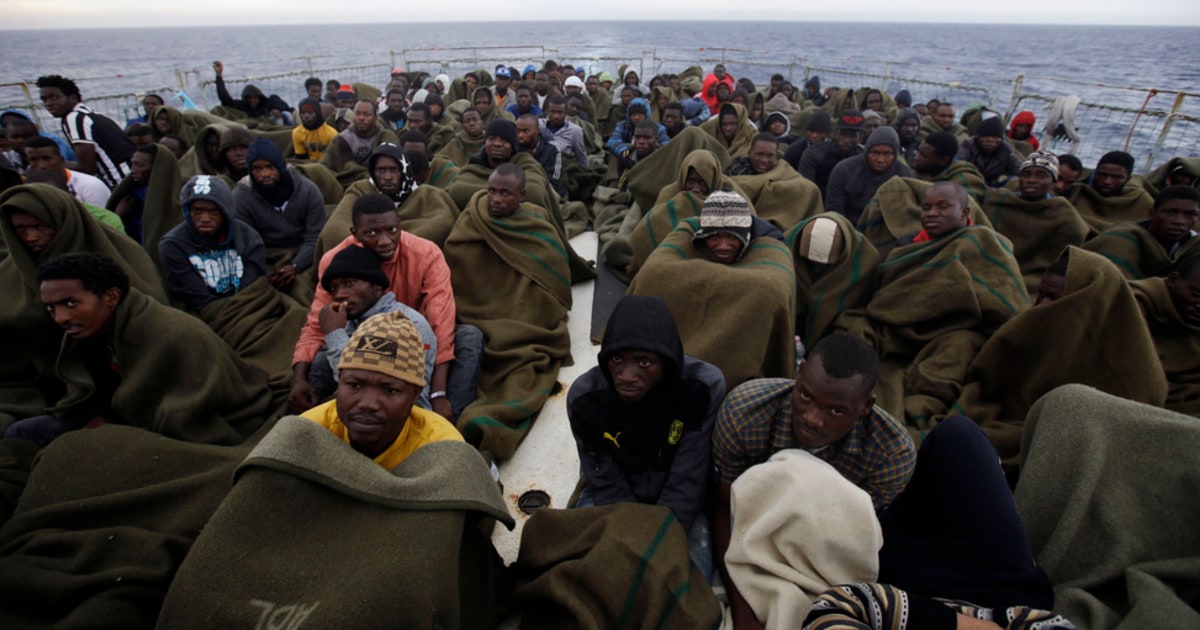Danger zone signage for bathing at Razo beach in Carballo, located in Costa da Morte, in a file image.OSCAR CORRAL
Seven people drowned in Spain last weekend and it is not an isolated tragedy.
The count of the first 12 days of June amounted to 19 deaths from this cause and raised the 2022 counter registered by the Rescue and Lifeguard Federation to 102 deaths compared to 66 in 2021 at that same point in the calendar.
We are heading, as in 2020, to another year with more than 350 deaths in aquatic spaces and the latest generation drone that will surely be in the news any day as the new beach watcher is not going to change the trend, although it may be useful, according to experts.
“The means are always going to be limited.
We have to make people aware of the dangers.
We must inform without alarming”, points out the expert in aquatic safety Ramsés Martí.
The Administrations, he underlines, have the duty to protect and inform, but citizens must listen and learn.
“It is impossible to protect a society that is not aware of the risks to which it is subjected and that is not co-responsible for its own security.
Drones, artificial intelligence, dogs... everything can help, but we will never be able to reduce the phenomenon if we do not link the population.
Let's prepare minors and educate adults in safety behaviours”, he claims.
Francisco Cano, director of prevention and safety of the Spanish Federation of Rescue and First Aid, agrees with the recipe.
“It is essential that information reaches society in the clearest way possible.
Many people do not know what the color of the flags means, what rip currents are, or do not interpret danger zone identification signs.
Information campaigns are needed and prevention and safety are included in the school curriculum and not only in the aquatic world.
Beyond fines, what is needed is information”, he emphasizes.
The role of schools
When Èric Nievas, delegate of the CGT de Socorristas de Barcelona, sees certain bathers in the water, he becomes concerned.
“A lot of people swim vertically in the water, using a lot of force with their arms to stay afloat, when what they have to do is move horizontally to be efficient and not get tired,” he explains.
Nievas has six years of experience on the beaches of Catalonia as a lifeguard and believes that many bathers do not go beyond the most basic notions to swim.
"In Spain, people know how to float, but not swim," he specifies.
The lack of aquatic training, together with different and numerous factors, he says, determines part of the growing number of drownings on the Spanish coast.
It does not seem easy to know exactly the average swimming level of the Spanish population.
And this, understands Frederic Tortosa, president of the Catalan rescue and lifeguard federation, limits public rescue policies.
“In schools, objectives are set by course and subject,” he compares, “but since swimming is not part of the school curriculum, we do not know what level young people have, and without this data it is difficult to know if Spain swims well.
But the level is lower than it should be, ”he insists.
Tortosa gives an example: if there were an age at which young people are guaranteed to be able to swim 200 meters in a row, he says, then part of the mortality in the water would be limited.
Knowledge of the aquatic environment and the ability to react to emergencies are also factors that influence drowning,
If swimming is not taught in schools on a compulsory basis, where do you learn to swim?
"Now it depends a lot on the involvement of families and the predisposition of educational centers," answers Fernando Sánchez, president of the Andalusian rescue and first aid federation.
Many schools offer courses organized by the associations of mothers and fathers, although they do not have academic weight and are not compulsory.
"This can generate a socioeconomic bias in access to learning," warns Victòria Morín Fraile, researcher in education and health promotion at the University of Barcelona.
There are centers that do include swimming in school hours, although others do not offer any possibility of adding hours of water.
“Without the guarantee of the Administrations,
Morín points out the contradiction of having a lack of aquatic knowledge in a country of the sea.
“Health promotion must take advantage of one's own environment”, he claims.
And he points out the habits of the populations of the Pyrenees, where schools generally teach skiing due to its proximity to the slopes, something that does not happen mostly in coastal schools.
"Going to the water is recommended for physical activity and for health," says the researcher.
She believes that the Administrations should encourage "cooling off at sea" to beat the heat, for example, but that they should also guarantee safe access.
Nievas, from her lifeguard position, agrees with her analysis: "It is strange that in a country surrounded by sea swimming does not have more strength."
In addition to the obvious need to learn to swim to prevent drowning, both agree that, given the number of accidents we face, other training is needed.
“You have to learn to act in case of an accident.
You have to alert the Emergencies as soon as possible because they have their reaction time, you have to get the injured person out of the water and perform basic life support maneuvers.
It is very important that people know how to help, it is vital”, highlights Martí.
In this plot, the schools can play a great role by concentrating all the minors.
“Five-year-olds can already be taught what number to call if they are in danger.
'You have a mouth, a nose and two eyes so you dial 1-1-2', you tell them.
The shortcomings of the Administration
But all this does not change the obligations and shortcomings that the Administration has.
“We notice a certain apathy when there is no inaction on the part of the Administrations.
You have to inform society and also provide means.
It is impossible to put lifeguards at all points, but there should be a better supply”, emphasizes Cano.
With the data from his federation's report for the month of May, he also criticizes the delay in deploying the security devices.
“We sell tourism and climate all year round but there are no services.
There are Administrations for which the summer campaign begins in June and in May there were already 30 deaths.
One a day”, he denounces.
Aquatic safety expert Ramsés Martí gives instructions on how to care for a drowned woman in the Malilla pools in Valencia, a week ago. KIKE TABERNER
Both he and Martí also claim a common minimum on the beaches.
“There is no state regulation that establishes how a beach should be monitored.
Only the Canary Islands and the Balearic Islands try to put a little order, but beaches with the same conditions can be monitored differently.
Not even the lifeguards will be dressed the same”, exemplifies Martí.
Something similar happens in training.
“The requirements are totally different for lifeguards between some autonomous communities and others.
This generates a movement of lifeguards to where it is easier to obtain the title and there are others who have difficulties finding candidates, "warns Cano.
Drownings also have a gender, in this case fundamentally masculine.
"Since always, and I've been dedicating myself to this for 25 years, men have drowned twice as often as women," confirms Martí, who admits that there may be a "worse" awareness of risk in them but highlights that there is a lack of studies on the theme.
He also points to another possible cause.
"My perception is that we have more girls signed up for swimming class," she slides.
The trend in this statistic only grows this year.
Until May, the male deaths were 83% of the total and of the 7 drowned last weekend, 6 were men.
A fence, a card around the neck for parents and other tips to avoid childhood drama
nacho blacksmith
Of the 30 deaths by drowning in May there are 4, those of children under six years of age, which surely could have been avoided and which are among the most painful.
“Infant drowning cannot be assumed in any case as inevitable because it could be zero”, remarks Ramsés Martí.
The reason is simple: "They depend exclusively on adult supervision," he remarks.
The first measure to avoid it is also very basic.
“The World Health Organization is very clear: access to water must be avoided.
Swimming pools should have access control even if they are private.
Currently we have the handicap that anyone can go to a DIY center and set up a swimming pool of a significant size at home.
What you have to do is control access,” he notes.
That can be a simple fence, something that in France, for example, is mandatory.
The second great measure "obviously", he points out, "is learning swimming skills" but not only with respect to "floating and moving", also in terms of behavior in and out of the water.
Martí also encourages these schools to take a step that until now they do not want to take.
“The chip must be changed.
Swimming is not just a sports activity, it should be assumed as a survival skill to which you should spend time.
There are no centers that want to throw dressed children into the water and floating is not the same with clothes as without clothes”, he gives as an example.
This water rescue teacher recalls that in the water minors must always be "under the supervision" of an adult and clarifies that not even a child under seven years of age should take care of one of five, nor are all adults prepared to do so.
"A very old person or with mobility problems may not have time to help in those 20 seconds in which a minor can drown," he refines.
Among those who can be in charge, the problem of oversights extends, for which he proposes a very graphic solution.
“The 'but weren't you watching him?'
because we are in a situation of free time, of relaxation.
I propose a card to the parents, a piece of cardboard.
The one who wears it is the one who watches and for 20 minutes, because it is something tiring and it cannot be long.
That person cannot be looking at WhatsApp or distracted.
He doesn't stop watching until he passes the card to someone else,” he explains.
To finish, some classic advice: toys should not be left in the pools because they attract the little ones and floats should be taken as playful elements and punctually for learning but not for safety.
We have to put an end to the "is that he was wearing the sleeves".
50% off
Exclusive content for subscribers
read without limits
subscribe
I'm already a subscriber

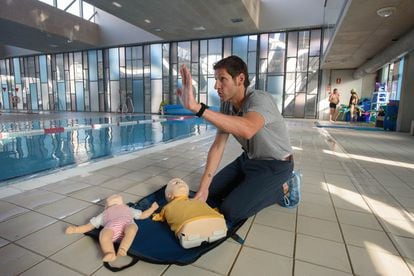

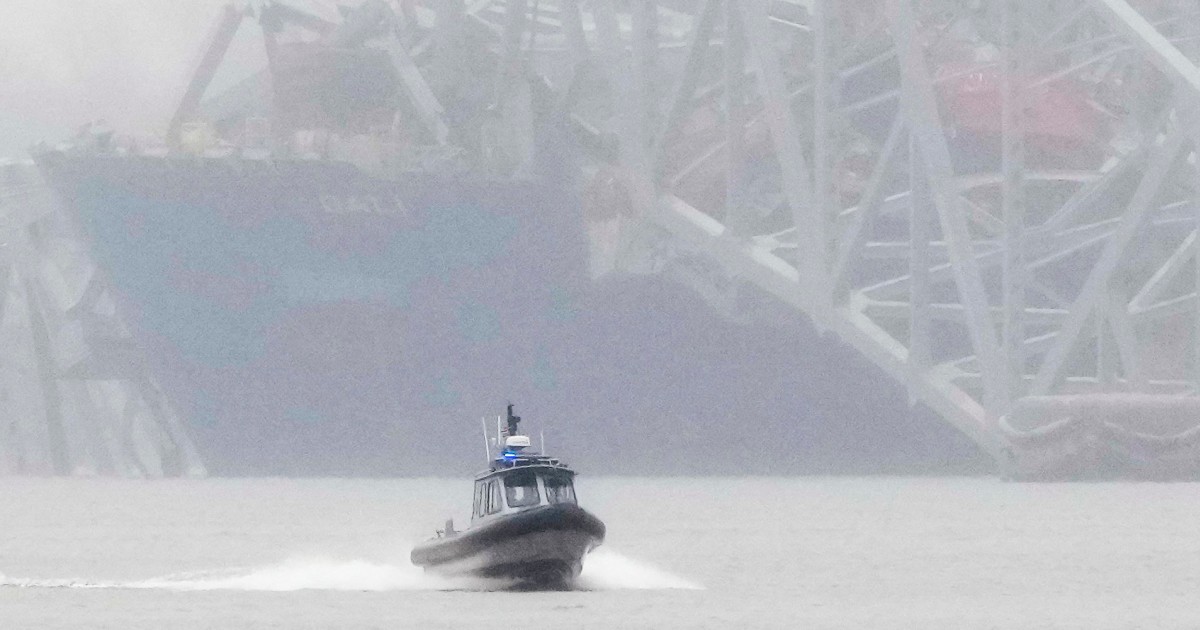
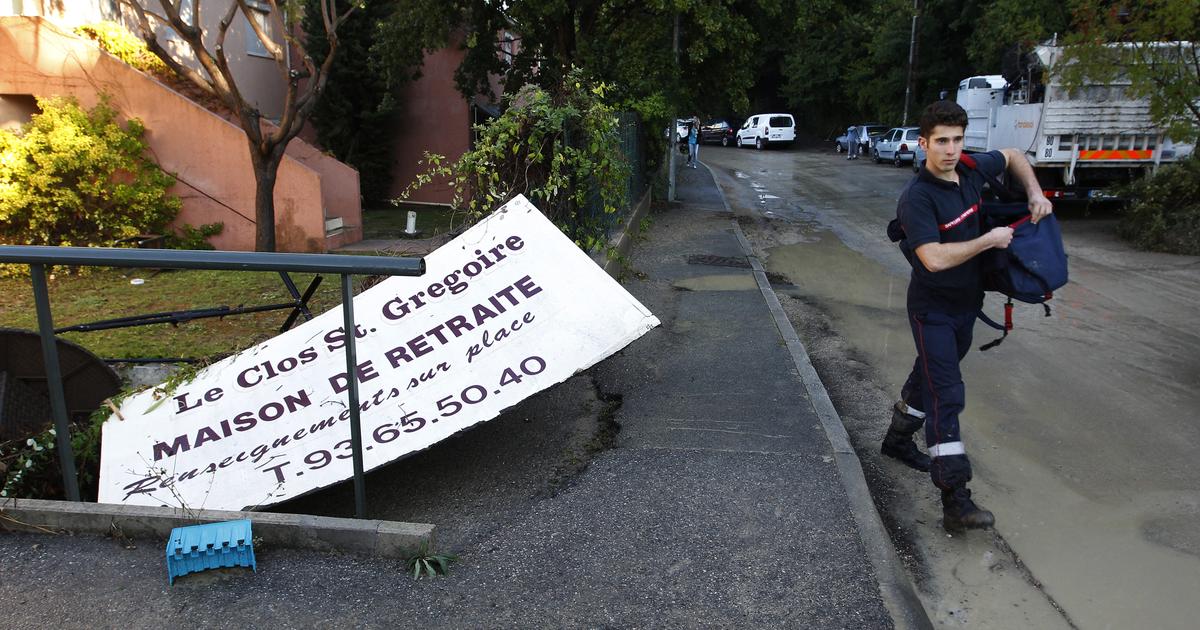
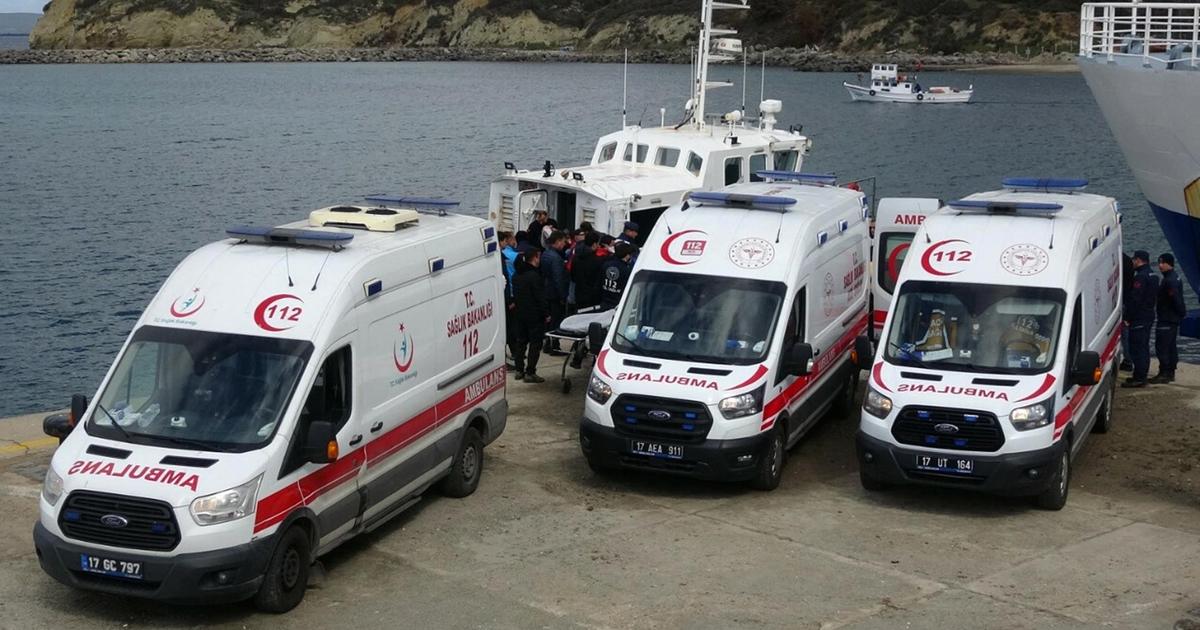

/cloudfront-eu-central-1.images.arcpublishing.com/prisa/VXMZOX65ABHL7FVL43RBSELBZE.jpg)
